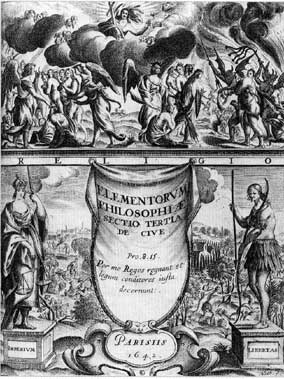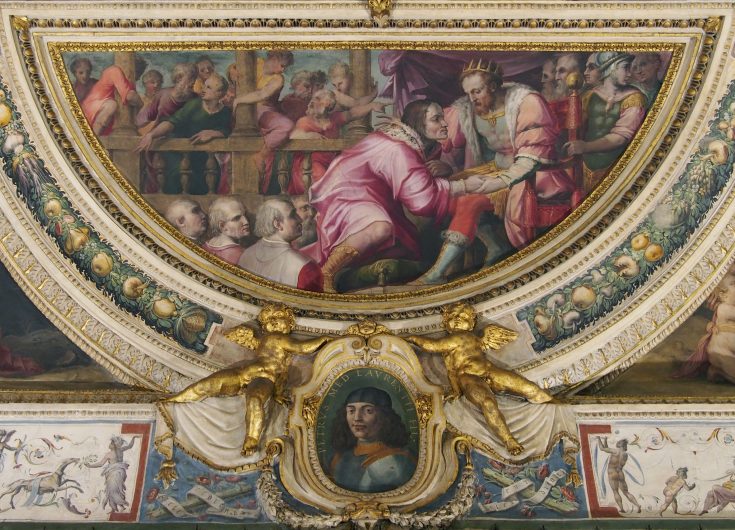Search Results for: Zachary Bennett
Jean-Jacques Rousseau, “Abstract” and “Judgment” of Saint-Pierre’s Project for Perpetual Peace in Europe (1761, 1782)
A word should be said about Rousseau’s place among the various schools of international relations theory. Because he wrote so little about international relations directly and because his one published work on the subject is so ambiguous, his views defy simple categorization. His approval of the goal of perpetual peace and dissatisfaction with the continuation of the state of nature among nations would suggest that he belongs among the modern idealists. Yet he evinces none of the modern idealists’ confidence that this goal would be achieved or dissatisfaction remedied. Here, as in other areas of his thought, Rousseau offers much more of a diagnosis of the modern condition than a cure for it.
Thomas Hobbes, On the Citizen (1642)
Hobbes’s contribution to international relations theory is, for all its significance, rather indirect. Hobbes sets out to give an account of the origin and preservation of internal political order. His practical intention is to foster peace, primarily within and only secondarily among nations. Yet Hobbes invites us to draw lessons about international relations from his political theory when he identifies the state that countries find themselves in as the state of nature. The way to Hobbes’s theory of international relations is therefore largely inferential in character.
Niccolo Machiavelli, The Prince (1532)
Few, if any, works of political philosophy have been more important for grand strategy and diplomacy than The Prince. Written by the Florentine philosopher and statesman, Niccolò Machiavelli (1469-1527), The Prince, along with Machiavelli’s other major work, Discourses on Livy, brought about a transformation in political theory and political practice.



